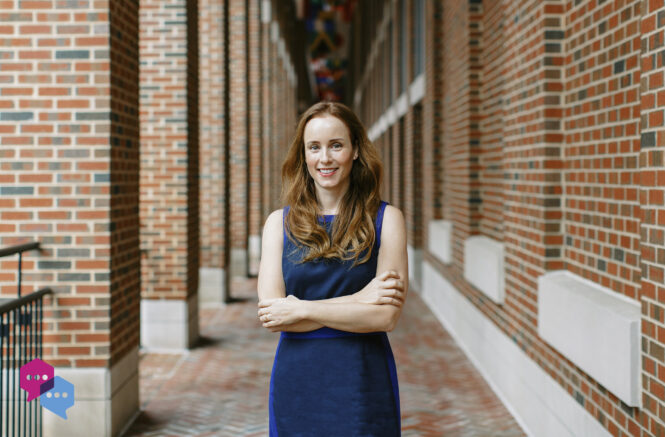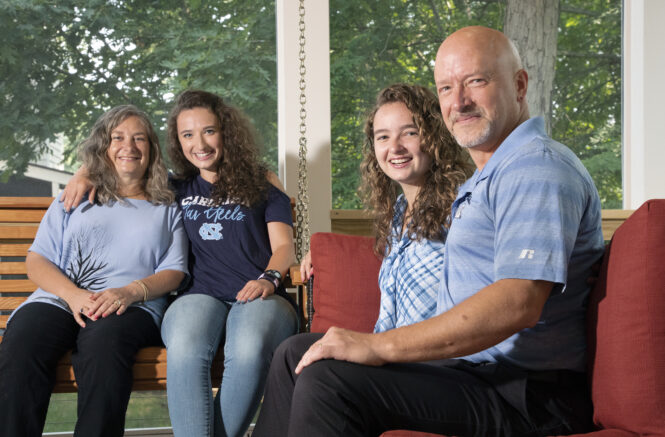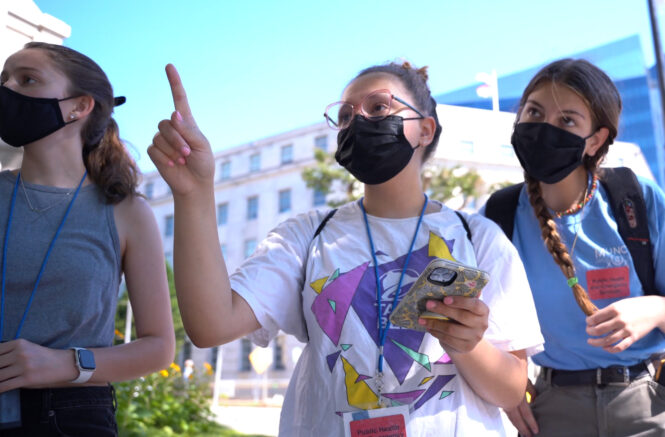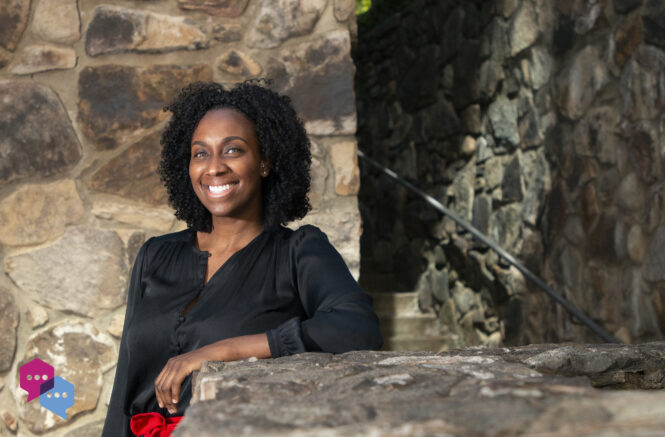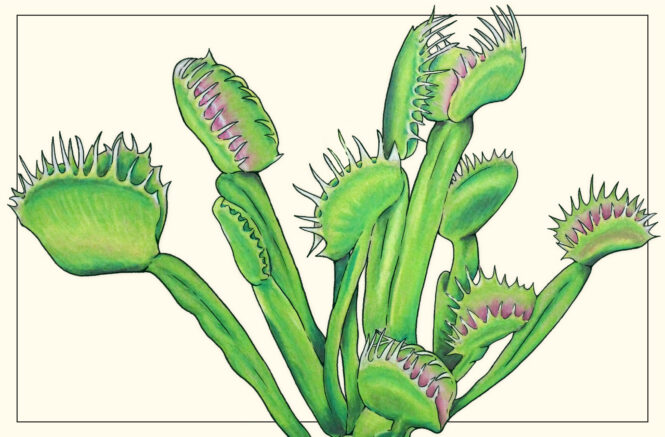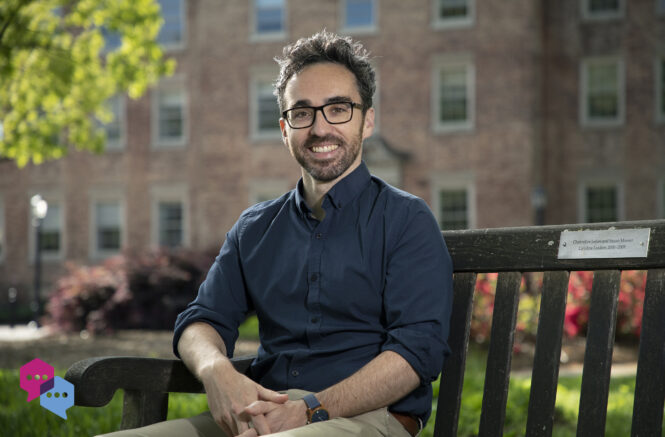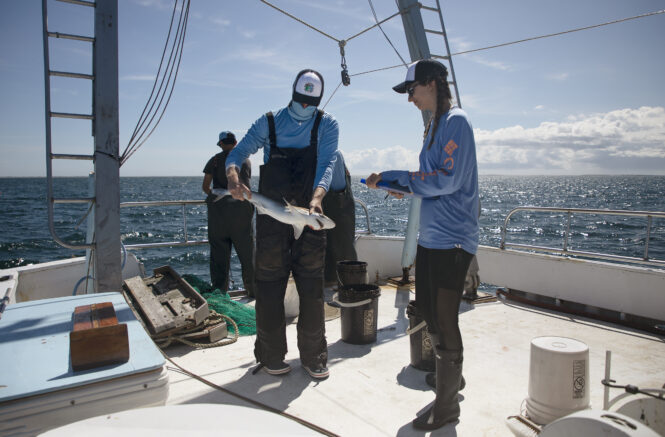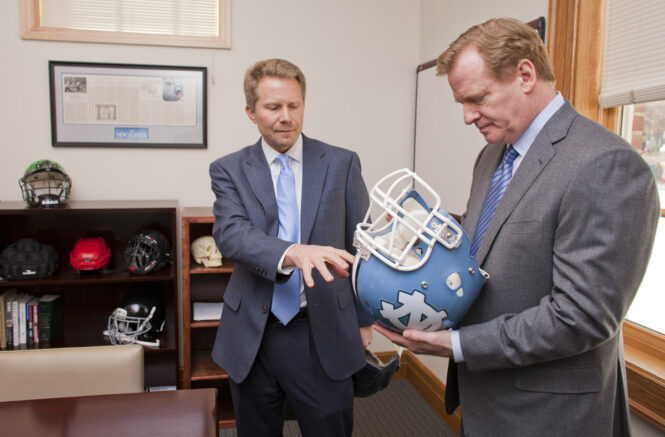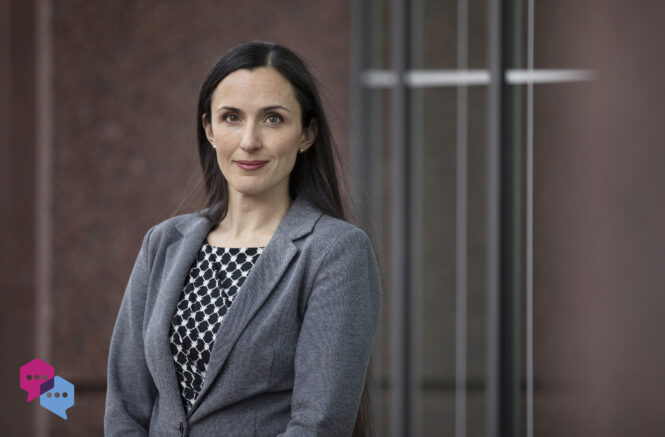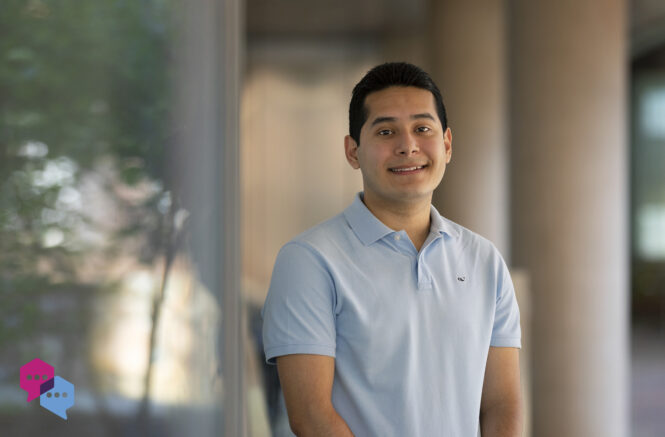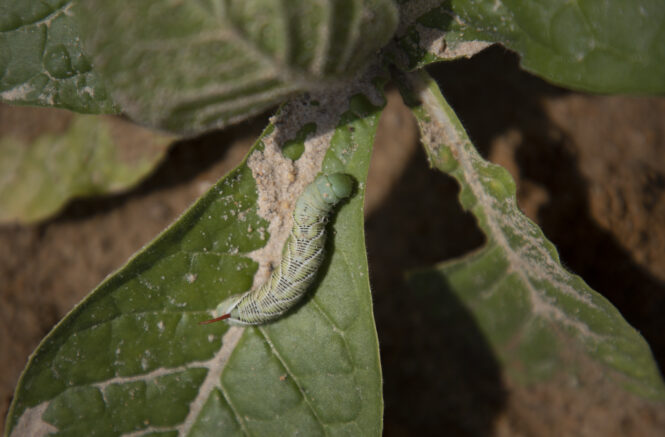Paige Ouimet
Paige Ouimet is a professor of finance in the UNC Kenan-Flagler Business School. Through the lens of societal challenges like income inequality, gender diversity, and the opioid epidemic, she studies how businesses impact society and how society impacts businesses.
It Runs in the Family
What do you get when a research psychologist marries a clinical psychologist? Two Carolina chemists. UNC-Chapel Hill psychologists Eric and Jen Youngstrom both joined the faculty in 2006. Through their research and global travels, their daughters Diane and Kay have developed a love of science, immense school spirit, and a deep desire to help the world.
Empowering Youth for a Resilient Future
As climate change continues to impact daily life, researchers at the UNC Institute for the Environment want to discover the best way to teach the next generation to build a more equitable, resilient society. To do this, they are studying how young people learn about the environment and enact change in their communities.
Ganga Bey
Ganga Bey is a postdoctoral researcher in the Department of Epidemiology within the UNC Gillings School of Global Public Health and a fellow in the Carolina Postdoctoral Program for Faculty Diversity. She studies how people’s beliefs about identity, worth, and ability affect their stress, aging, and susceptibility to disease.
Protecting an Endemic Gem
The North Carolina Botanical Garden has been conserving Venus flytraps, native to only the North and South Carolina coasts, for nearly 50 years. To better understand these carnivorous plants, UNC researchers are engaged in projects on flytrap genetics and differentiating prey from pollinators.
Stopping Harm Before It Starts
Researchers at the UNC Injury Prevention Research Center began studying the long-term effects of injury and violence well before they were recognized as public health problems. For 30 years, they have addressed vital societal issues including domestic abuse, car crashes, traumatic brain injury, home and workplace safety, and opioid overdose — and have worked closely with practitioners to change policies and save lives.
Pedro Sáenz
Pedro Sáenz is an assistant professor and director of the Physical Mathematics Laboratory in the Department of Mathematics within the UNC College of Arts & Sciences. He works to demonstrate that some odd behaviors displayed by electrons and other atomic-sized particles can be recreated with larger particles visible to the human eye.
Hooked on Sharks
For the past 50 field seasons, researchers from the UNC Institute of Marine Sciences have collected valuable data on sharks off the North Carolina coast. The survey — among the oldest of its kind in the U.S. — has lasted for decades due to the dedication of UNC researchers, staff, and students.
Running Interference
Nearly 4 million sports- and recreation-related concussions happen each year. About 300,000 of those occur in football. For a long time, such data didn’t exist because these injuries weren’t understood or taken seriously. Decades before he became UNC’s chancellor, neuroscientist Kevin Guskiewicz strived to create the playbook for preventing and treating concussions — and changed the game forever.
Cynthia Fraga Rizo
Cynthia Fraga Rizo is an associate professor within the UNC School of Social Work. She researches intimate partner violence, sexual abuse, and human trafficking to prevent such acts and provide survivors with effective services and interventions.
Dain Ruiz
Dain Ruiz is a rising sophomore majoring in biology and a Chancellor’s Science Scholar within the UNC College of Arts & Sciences. He studies expansion disorders caused by repetitions in DNA — like Huntington’s Disease, Friedreich’s Ataxia, and Myotonic Dystrophy — to develop therapeutics to treat them.
Caterpillars in the Coal Mine
Butterflies and moths are indicators of the overall health of an ecosystem. Through fieldwork, lab experiments, and computer modeling, researchers in the Joel Kingsolver Lab strive to understand how changing temperatures are impacting the relationship between certain species and the plants they live on.



